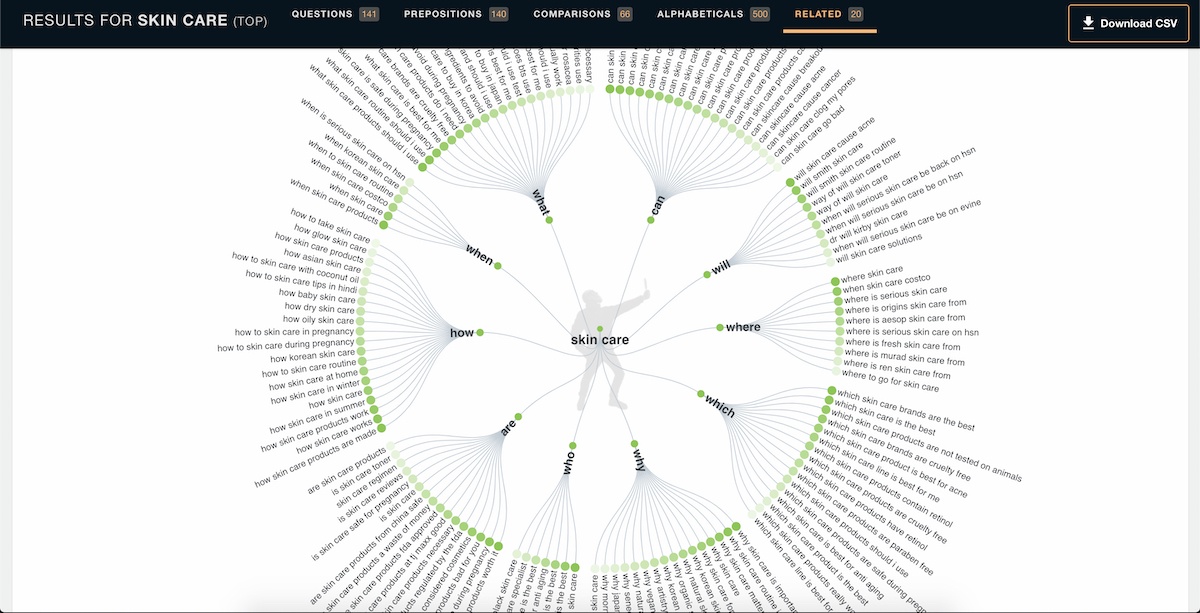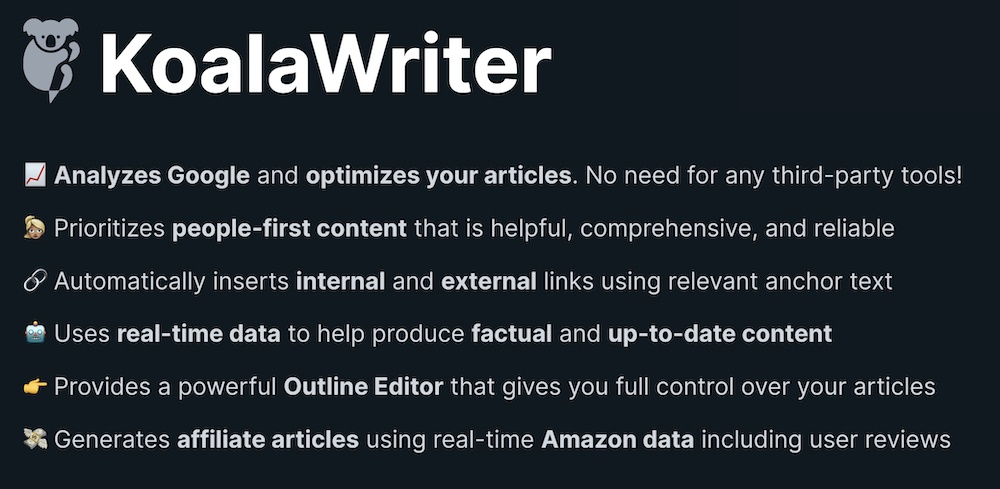One of the first things you are going to want to understand if you want to start getting SEO traffic is how to find low competition keywords (with high traffic) that you can rank for.
Since you’re also probably a beginner, I’d also advise you to stay away from premium keyword tools for now so with that said;
You’re going to want to know how to find those low-competition keywords for free.
I’ve been in “keyword research” for a very long time (both as an SEO executive & also running my own websites) and I have tried almost every keyword tool there is (both paid and free) so I can tell you right now;
Yes, you can find high-traffic, low-competition keywords without spending a dime.
While I would definitely suggest getting a premium keyword tool some time down the line as they do way more than just “keyword research”, the methods I am about to share with you in this post are all 100% free.

What Are Low Competition Keywords?
Keywords are the phrases people type into search engines in order to find what they are looking for online.
However, in the SEO world; not all keywords can be “measured” equally.
There are keywords which would have a lot of traffic but also a lot of competition; these won’t be as beneficial to you when you are starting out since as a beginner with a “beginner website”, it’d be useless to try and compete against established giants.
You can also find keywords with low competition, but low traffic. While there’s no harm in trying to rank for those keywords, these alone won’t bring you the results you are looking for.
What you need to look for are low competition keywords that also get a respectable volume of traffic.
By “respectable”, I mean at least 300 searches per month.
Since this is an affiliate marketing website and we’re talking about keyword research for affiliate marketing purposes; a keyword with 200-300 monthly searches – that you have a chance to rank for – is what I consider to be a “good enough” keyword.
It’s much better to rank for many keywords that get 200 searches a month than not rank at all for a keyword that gets 10,000 searches per month.
So; back to the original question here;
What are low competition keywords?
The low-competition keywords are usually what we call “long-tail keywords“.
For example:
“Make money online” would be a super-competitive short broad-type keyword.
“How to make money online as a 13-year-old on Instagram” is a long-tail keyword that will have fewer searches, but at least you will have a fighting chance to rank for it.
This is what I mean by long-tail, low-competition, high-traffic keywords.
Again; when I say “high-traffic”, I do mean having “some” traffic.
You’d be hard-pressed to find a keyword with some 100,000+ searches per month that doesn’t come with as many competing pages – keywords like this just don’t exist, anymore.
When I first started out with SEO, I went after the big massive keywords from the get-go. Needless to say, that strategy never amounted to much.
It was only after I started looking for low competition keywords – and really making an effort to create great content for those keywords – that I started seeing some positive returns on my months and months of SEO effort.
Down below, I will give you a bit of a content plan (with a video guide) on how to write great content with the keywords you find but for now, since it’s the scope of this article, let me show you;
How to Find Low Competition Keywords For Free

The best advice I can give you on this would be to…
Go Check Out AnswerThePublic.com
Even though I have an Ahrefs pan (which is a super expensive, super-powerful SEO keyword tool), I still consult with this free AnswerThePublic keyword tool for my keyword research.
What is AnswerThePublic?
This tool curates a list of questions that people asking related to your specific niche or industry & since these are question-keywords, they can also be considered to be “long-tail keywords”.
As you can see from the image above – or better yet if you visit AnswerThePublic & try it for yourself – it shows you a circle graph of what questions people are typing into Google about a specific topic.
All of these question-type keywords are what I call “golden nuggets” when it comes to keyword research for affiliate marketing websites as they are direct, focused and very niche specific.
Of course; these keywords can (and will) still have competing pages that you need to battle it out with but since they are so direct, you can easily create great content around these keywords that will help you out-rank the current top ranking pages.
Now, remember I told you that you need at least 300+ searches a month for a keyword to be considered “good enough”?
Well, there is one minor issue with AnswerThePublic:
You Get No Keyword-Data!
Since AnswerThePublic is a free tool, you can not see what the search volume is for the keywords you get like you’d be able to do with a premium keyword tool, but that’s okay.
Believe me when I say there is no correct answer as to how much traffic a keyword is likely to get – it’s all just an estimation.
Even if you had to consult with the premium keyword research tools, they can not (it’s impossible) to provide the exact number of searches a keyword gets, thus; you do not need to worry too much about it.
So how do we know they get some traffic at least?
Because these keywords are pulled from Google AutoSuggest (more on this later) so for them to have appeared on AnswerThePublic, they must have had enough search volume to make it there.
Now what you need to remember is that certain niches will have different “competitiveness” as well so you have to take that into account.
For example; the keywords you get when you type in “insurance” into AnswerThePublic will be far more competitive than when you type in “car seat covers” just because the “insurance niche” is overall a much more competitive.
It’s all relative.
I hope that makes sense.
How To Write Content For Low Competition Keywords
Now, just because they are considered low competition keywords, that does not mean that you should not take the time to really make those posts as awesome as they can be.
I know many who have adopted the mentality that since a keyword is “low competition”, then you can get away with publishing sub-par content.
That is wrong and if you have been following that advice;
This may be the reason why YOU DO NOT have the rankings you want.
Remember, Google doesn’t only look at keywords when ranking a website. There are 200+ ranking factors that need to be considered; one of them being; content quality.
The AnswerThePublic tool will give you low-competition keywords you can start ranking for, but you do have to make sure you write your content as though you are trying to rank for an “important keyword“.
If you don’t think you’re a good enough writer, don’t worry!
It’s not about writing “beautiful content”, it’s about writing helpful content that answers people’s questions (i.e: Answer-The-Public).
Here’s a great video to show you how to perfectly create content that can go on to rank and bring in visitors (and commissions) even if you’ve never written a word in your life:
The video above is by Income School YouTube channel. Two very-awesome guys that I love to follow so I suggest you do so as well.
Should You Go After High-Competition Keywords?
YES! You do not want to completely disregard high-traffic high-competition keywords as they are also important to create a long-term sustainable source of high-quality organic traffic.
Don’t be scared to go after big keywords, just be strategic about how you get them!
How do you go about competing for BIG keywords & outranking the big boys?
You first start off by publishing posts answering “question” keywords as I mentioned above.
Those type of posts would give you a boost in rankings – and some page 1 positions – even if you are a completely new website.
Within a few months, you are going to have quite a pretty good ranking website and with those rankings, you’ll also start to get a bit more “authoritative” in your niche, thus; you can then move on to target those bigger tougher keywords.
How Do You Target High Competition Keywords?
This is the hard part of SEO, but it’s doable.
I once managed to rank for the keyword “Amazon” on Google for a brief while so trust me when I say, even a “small website” can rank for massive keywords if you follow this structure:
First, build up authority with “small” low-hanging fruit keywords and start ranking and getting traffic that way.
Once you have built up some clout with the smaller keywords, you can go after the big boys by creating “ultimate guides” and very thorough in-depth articles that target the big keywords.
With enough time & enough authority built up by low-competition keywords, you will start getting recognized as a go-to source in your niche and that is what will help you reach the elusive page 1 ranking for some pretty badass keywords in your niche.
When you publish these “amazing” pieces of content and you are backed by a lot of smaller keywords that are ranking well, you are going to start seeing your website appear far more frequently for the major keywords in your niche.
This will take time to happen – I’m talking 6 months minimum up to a year (even two) – but it will happen, just do not expect to be ranking for big keywords anytime soon.
BONUS: One More Way To Find Low Competition Keywords With A Free Tool!
Another great place to find such keywords – and for free – is by using Google’s Autosuggest feature, which you can see here:

This method will likely produce more keywords than AnswerThePublic, but;
AnswerThePublic will give you the best keywords out of all those phrases in Google (that’s where it gets its data from).
Closing Thoughts On Keyword Research
I really hope this guide has helped you understand how to find low competition keywords and also;
How to use those low competition keywords to rank for bigger keywords in the future.
One thing you should know about SEO is that it all takes time, so be patient with it.
If you think you are just going to start a new site, throw in there a few articles and then rank for your desired keywords, then you’re in for a disappointment.
Not too long ago, I released the latest update to my Affiliate SEO Mastery course, which is a course for beginner affiliates like yourself showing you how to get your affiliate website off the ground and onto Google’s first page.
If you’d like to know more about that, you can see my own – very biased – review here.
If you have any questions about SEO, affiliate marketing, keyword research or anything else; be sure to let me know in the comment section below.
I’ll leave you to it.

